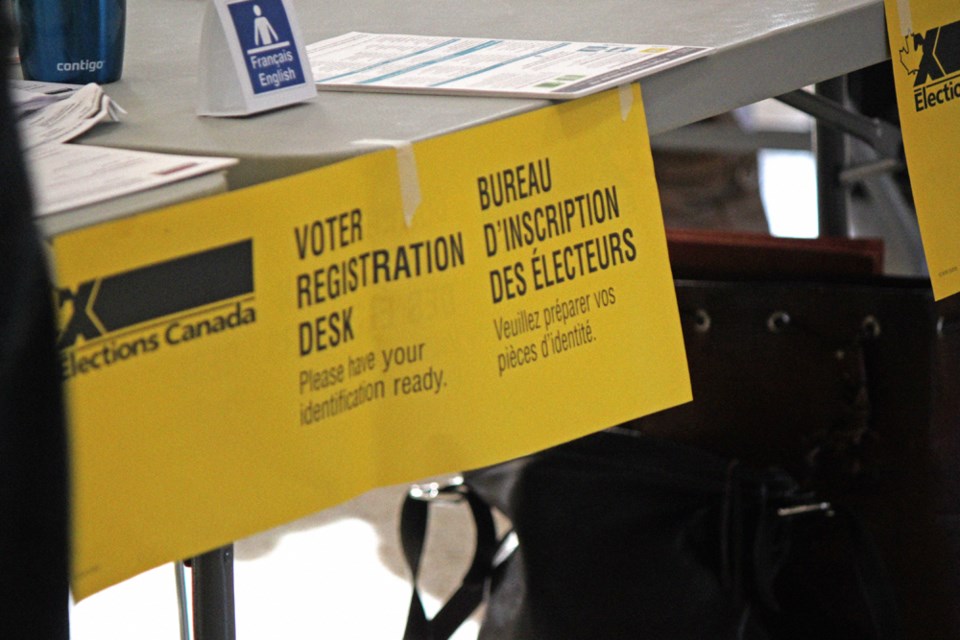THUNDER BAY --- The cost of home ownership continues to skyrocket, jumping seven per cent across Canada in the third quarter, compared to the same time frame a year earlier.
According to a recent CBC report, in May the average home in Canada cost $688,000, a 38 per cent hike over the previous year.
While the cost has dropped slightly from the $716,000 average cost this past March, nevertheless the dream of home ownership is fading fast for many younger Canadians, who simply can’t afford to put enough money down to buy a home or the mortgage payments.
Not surprisingly, housing affordability has become a hot-button issue on the campaign trail, with parties offering up a range of different solutions, from bans on foreign ownership to easing mortgage stress test rules to help more people qualify for home loans.
Homelessness has also become an issue of concern, with clear solutions needed to put roofs over the head
Candidates in Thunder Bay-Superior North weighed in on the situation during Thunder Bay Television’s Issues and Answers session, and while housing is much more affordable in Northwestern Ontario, it’s still an issue being discussed on the campaign trail.
Chantelle Bryson, the NDP candidate, said her party has a plan to fast-track renovations of hotels and motels that aren’t being used to immediately house those in desperate need.
Her party has promised 500,000 new social housing and co-op units and also the reinstatement of 30-year mortgage terms.
“Any young family getting into their first home needs that lower payment, especially with the student debt they incur under the Liberal government,” Bryson said, adding they’ll also enact a 20 per cent foreign ownership tax to cool the housing market.
Joshua Taylor, the Conservative candidate, said his party would take a different approach to foreign ownership.
“Instead of putting a foreign ownership tax, what we need to do is we need to stop foreign investment in our housing market immediately,” he said. “Supply and demand is a core principal of the housing epidemic that we’re facing. So what we need to do to address that is we need to build an additional one million homes in three years, which is what we’re committed to do.”
Amanda Moddejonge, the Green Party hopeful, said she fully supports a foreign ownership tax, calling it absolutely critical. Denying foreigners the chance to buy a home could backfire, she added.
“There are lots of instances where somebody who may not be Canadian may need a home,” Moddejonge said.
“We still need to be able to provide that for them, especially when they’re here in Canada.”
She said a key issue for her party is money for green retrogrades to homes.
“And we do need to look at the guaranteed livable income because people need to be able to afford their homes.”
Liberal incumbent Patty Hajdu said the other parties need concrete plans, not just principles that sound nice during an election campaign.
The NDP plan is ambitious, but short on details, she said.
“That’s the problem. Our plan, we will build or repair 1.4 million homes over four years. That’s nearly seven times the NDP target. Liberals are the only party with a plan to end chronic homelessness. We’ve done a lot on this file, including right here in Thunder Bay-Superior North, things like ensuring we do have transitional housing, things like the Salvation Army, saving Castlegreen Co-op,” Hajdu said.
Rick Daines, the People’s Party of Canada candidate, said inflation is one of the biggest issues facing Canadians today. The wealthy, who can afford to buy property, see their net worth skyrocket, while ordinary Canadians just can’t buy in, struggling to save enough for a bare bones down payment.
“The People's Party plans to modify the Bank of Canada's inflation target from 2% to 0% which will cool down inflation in all sectors,” said Daines, who was excluded from the debate because of his party’s standing at the election call.
He added he’d like to see the Canada Mortgage and Housing Corporation privatized or dismantled and the federal government work with the provinces to curb housing speculation and money laundering by foreign non-resident buyers.”
